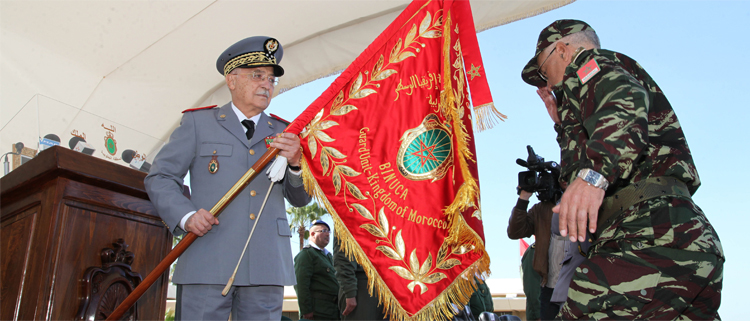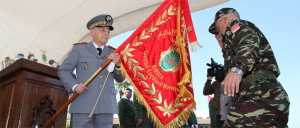
 The Central African Republic is facing one of the most serious internal crises in its history. The toll of sectarian violence in the country is becoming heavier while criminal acts ranging from looting to rape have become the daily lot of the Central African people.
The Central African Republic is facing one of the most serious internal crises in its history. The toll of sectarian violence in the country is becoming heavier while criminal acts ranging from looting to rape have become the daily lot of the Central African people.
This alarming situation led many countries, including France and Morocco, to pull the alarm and call the international community to take urgent measures to prevent a disaster in the country, and prompted the Security Council to authorize the deployment of the African-led International Support Mission to the Central African Republic (MISCA) for a 12 month period.
However, there is a growing resentment among the population towards the MISCA forces as well as the French troops deployed to restore order and protect the people which are accused of partiality towards one or the other conflicting party.
So, Morocco’s decision to send a military contingent to the strife-torn country was welcomed with relief.
The presence of the Moroccan contingent is likely to reassure the Muslim community in the country, which claims French troops are biased in favour of the Christian community.
The death last Sunday of three combatants of the Seleka militia- a coalition of armed groups from the predominantly Muslim north of the country which took power in March 2013- shot by French troops has exacerbated Muslims’ anger.
Besides, the French forces are blamed for having disarmed the Seleka militia only instead of disarming all the conflicting militias, including the Christian Militia dubbed anti-Balaka, leaving part of the population prey to revenge.
According to press reports, a thousand people have been killed since Dec. 5 in the attacks and counter attacks launched by anti-Balaka and Seleka
Although it is no longer member of the African Union (AU), Morocco expressed resolve to actively contribute to the efforts made to restore peace and order in the country and stop the spiral of sectarian violence.
“Thanks to its historical relations with all religious and political components of the CAR, Morocco will actively contribute to the efforts made to restore peace and order in this brotherly country and stop the spiral of attacks and sectarian violent retaliation, targeting the population, especially the Muslim community,” the King of Morocco told the French President in a phone conversation earlier this week.
The two heads of state underlined the need to protect all religious and ethnic communities without any discrimination and to create propitious conditions for an inclusive dialogue that would enable all segments of the CAR people to achieve national concord and initiate a peaceful democratic transition process within the framework of national unity.
The task does not seem easy in a country prey to insecurity, compounded with a hovering humanitarian disaster because of the mass exodus of people fleeing fighting grounds to safer areas in their country or to neighboring states such as Chad, Cameroon and the Democratic Republic of Congo.
The international community is however aware that chaos in the Central African Republic would destabilize the whole region because of its strategic position at the crossroads of the Great Lakes region, the two Sudans, Cameroon, Chad and Congo.
Besides, anarchy in the CAR would inevitably open the gates to terrorists and criminal groups from other African countries and elsewhere which will be tempted to seek a safe heaven there as they had done in Mali.
It is therefore most urgent to end this sectarian conflict and to promote inter-religious dialogue to restore peace and stability in the country.
